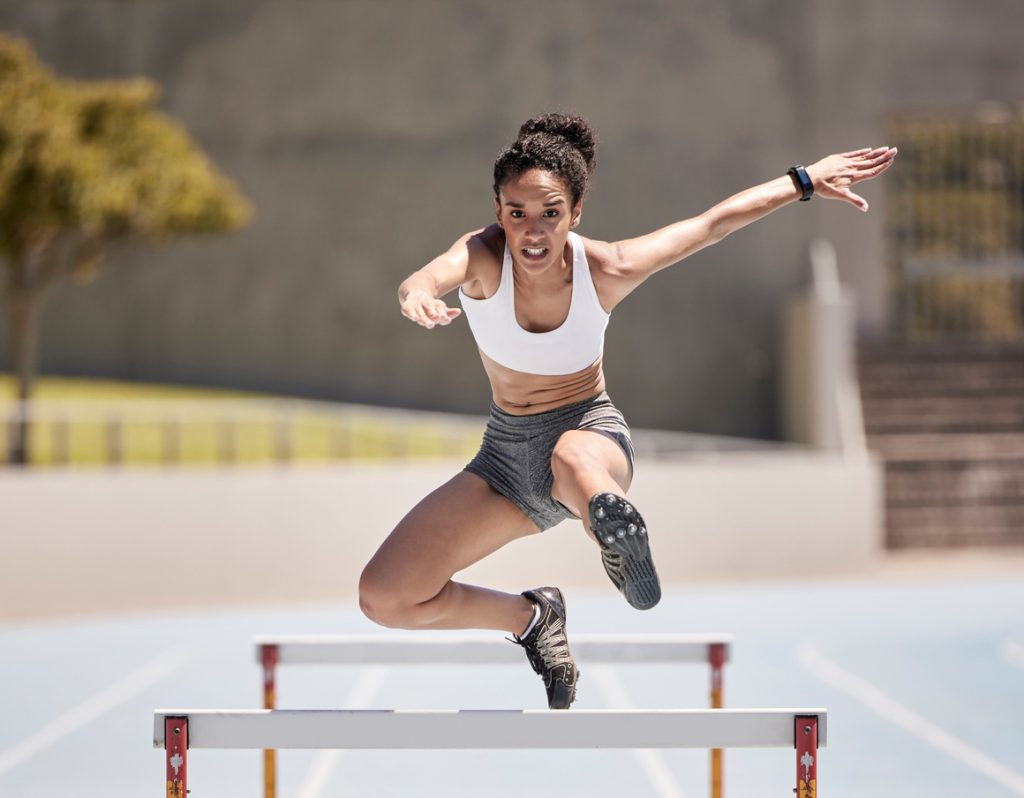
Winning Strategies: Social Media Management for Athletes
In the digital era, athletes are no longer just judged by their stats on the field or court — they’re also evaluated by their presence online. Whether you’re a high school prospect, a college standout, or a pro athlete, your personal brand on social media plays a significant role in shaping public perception, attracting sponsorships, and creating opportunities beyond your sport.
That’s where athlete social media management comes in. With the right support, athletes can build, protect, and grow their digital presence strategically — without compromising authenticity or risking reputation.
What Is Athlete Social Media Management?
Athlete social media management refers to the strategic planning, content creation, reputation monitoring, and community engagement conducted on behalf of athletes to grow their online presence. This often includes:
- Crafting and scheduling posts on platforms like Instagram, TikTok, X (formerly Twitter), and LinkedIn
- Managing brand voice and storytelling
- Responding to fans, media, and sponsors professionally
- Handling crisis communications and avoiding PR missteps
- Monitoring analytics to guide strategy
Why It Matters More Than Ever
The rise of Name, Image, and Likeness (NIL) deals, especially for student-athletes, has amplified the importance of building a strong, clean, and consistent online persona. Brands look beyond talent — they assess character, audience reach, and digital influence before deciding to partner with an athlete.
According to a 2023 report by Forbes, more than $917 million has flowed through NIL deals since the rule change. Social media presence is one of the top factors influencing those partnerships.
Professional athletes, too, can use social media to:
- Build their post-career ventures (coaching, media, product lines)
- Attract sponsorships
- Influence public opinion
- Stay connected to their fanbase
Key Benefits of Social Media Management for Athletes
1. Personal Brand Development
An athlete’s story is their most powerful asset. Social media managers help shape that story — highlighting achievements, values, community involvement, and behind-the-scenes moments — in a way that feels human and compelling.
2. Audience Growth and Engagement
Success on social media isn’t just about posting frequently. It’s about posting smart — knowing which formats work, what timing drives engagement, and how to create viral or shareable moments that resonate with both fans and sponsors.
3. Sponsorship Readiness
Brands want to partner with athletes who are polished online. A professionally managed social presence signals maturity, reach, and readiness for brand partnerships — opening doors for local and national endorsements.
4. Crisis Prevention and Reputation Management
One misstep online can lead to media backlash, lost deals, or even league discipline. Social media management helps protect athletes by reviewing posts before publishing, managing comments, and having a plan in place in case controversy arises.
5. Platform Diversity
A great manager helps athletes expand beyond just one platform. For example:
- Instagram: Personal storytelling, highlights, visual content
- TikTok: Trend participation, humor, workouts
- LinkedIn: Career development, off-field ventures
- X/Twitter: Real-time commentary, sports opinions
This multi-platform approach amplifies reach and builds a broader brand.
The Role of Authenticity in Athlete Branding
Authenticity is critical. Fans can tell when a post is forced or overly promotional. A great athlete social media manager ensures that the athlete’s real voice shines through — even when content is being curated or scheduled. This approach helps maintain trust and engagement, which in turn drives long-term growth.
Research by SportsPro has shown that younger audiences in particular value transparency and realness over polish and perfection, and use social media as a rising way to consume sports content. For athletes targeting Gen Z or millennial fans, this insight is essential.
When Should Athletes Get Social Media Help?
The earlier, the better. Whether an athlete is entering college recruitment, turning pro, or already well-established, professional social media guidance can be a game-changer. Key moments when support is especially useful include:
- NIL deal planning
- Draft season
- Injury recovery periods
- Launching a foundation or business
- Public controversies or trade rumors
Long-Term Career Impact
For many athletes, social media is more than just a promotional tool — it’s a launchpad for life after sports. From broadcasting careers to product launches to nonprofit initiatives, a strong online presence opens doors.
Just look at athletes like Serena Williams, JJ Watt, and Shaquille O’Neal — all of whom have leveraged social media to create thriving second careers. While not every athlete will reach their scale, a focused social strategy increases the chances of building meaningful off-field influence.
How to Get Started with Athlete Social Media Management
If you’re an athlete considering professional support for your social channels, here are a few steps to take:
1. Audit Your Current Presence
Start by reviewing your existing social profiles. Are your bios consistent? Is your content aligned with how you want to be perceived? Are there any old posts that no longer reflect your values or goals? A quick self-audit helps establish a baseline.
2. Define Your Brand Voice and Goals
What do you want your online presence to say about you? Are you funny and energetic? Motivational and focused? Family- and community-oriented? Determining your tone and your objectives — whether that’s attracting sponsors, connecting with fans, or setting up a post-sports business — gives your content direction.
3. Identify Your Core Platforms
You don’t need to be everywhere. Instead, focus on the platforms where your audience already spends time and where your content fits best. For younger athletes, TikTok and Instagram tend to perform well. For professionals or those transitioning to business ventures, LinkedIn and X can be valuable.
4. Partner with a Trusted Social Media Manager
Look for a team or individual who understands both the unique challenges athletes face and the best practices in digital strategy. A great manager will not only elevate your profile but also protect your reputation.
5. Stay Involved
Even with professional help, your input and participation matter. The best athlete accounts still feel real — because they are. Share ideas, review posts, and speak up about what matters to you. This keeps the partnership authentic and aligned with your values.
The Future of Athlete Branding Is Digital
As more athletes take control of their personal brands, those with a smart, strategic digital presence will stand out. Whether you’re hoping to land your first NIL deal or preparing for your legacy after retirement, investing in athlete social media management now can pay off for years to come.
Final Takeaway
Social media is no longer optional for athletes — it’s essential. With the right management and strategy, it becomes a powerful tool for storytelling, career advancement, and personal brand building.
Whether you’re just getting started or already a household name, a professionally managed social presence ensures your voice is heard, your image is protected, and your opportunities are maximized. Reach out to Chatter Marketing to learn more about social media management and marketing services.

Author: Bella B.
